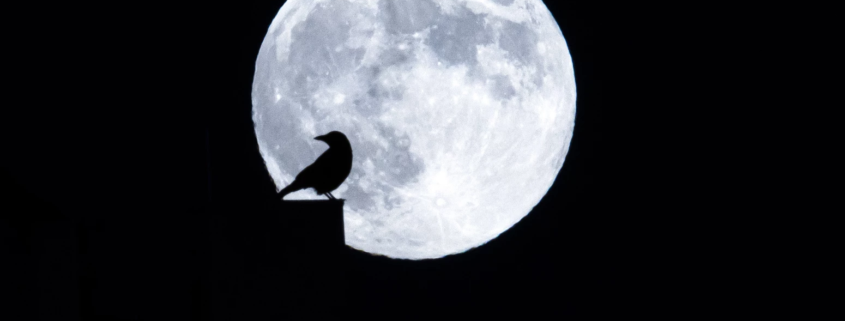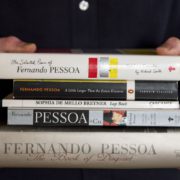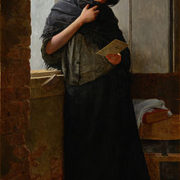Poetic
‘Doctors – like poets – need to be in touch with their feelings’

The poet João Luis Barreto Guimarães (1967) is a breast cancer surgeon, who uses poetry alongside medicine to help trainee doctors empathize with their patients.

In 1989 he made his literary debut with the collection Há Violinos na Tribo (The Tribe has Violins). In 2020, the English version of his bundle of poems Mediterrãneo was awarded the Willow Run Poetry Book Award in the USA. He was the first author of non-American origin to receive this honour. In Portugal, he received the Pessoa prize in 2022 in recognition of his contribution to the arts.

‘Poetry has a unique capacity to help students connect holistically with their future patients, as opposed to viewing them as a medical problem in need of fixing’, explains the 56-year-old surgeon to the Guardian.
‘Doctors often don’t have time to stop and think, so everything quickly gets reduced to the technical and mechanical. What I try to convey to students is that – as with a poem – each of their patients is unique,’ he emphasizes.

For his poetry course, Guimarães obtains his material from the British publisher Bloodaxe Books, to ensure every class has at least a handful of poems that link to medicine. Poems about doctor-patient scenarios or familiar healthcare settings offer students an easy bridge to their medical study. ‘I get students to look at poems that talk about empathy, compassion and solidarity.’

The reading list includes well-known poet-medics, like Júlio Denis (Portuguese surgeon), William Carlos Williams (American paediatrician), Gottfried Benn (German pathologist) and Miroslav Holub (Czech immunologist).

Guimarães’s teaching is not limited to the most accomplished poets. He is a keen advocate of exposing students to the ‘evil’ of excessive sentimentalism, a habit they should avoid once they go to patients in the wards.

Since launching the course, Guimarães has received various requests to teach at other medical faculties across Portugal. Nor is he alone, Barcelona’s Pompeu Fabra University recently introduced a course in literature for its second-year medical students.
The poem Meditação (Contemplation) is from the collection Voçe está aqui (You are here, 2013)
The afternoon: I spent watching the war
on television. None of us are
missing
while in those places the missing are counted.
No one
of our generation was in the revolution. Others
(before us)
waged our wars (by the time
we arrived the war was over
when we came to fight
the dictator had fallen). The only thing
left for us was a
different kind of battles (lifting each
morning
the immense weight of your eyelids)
running for a place in the trench
of the bar.
All afternoon I watched the war
on the television (on this side of the
screen there is no hunger
nor cold).
Enjoy your week Approveite a semana





